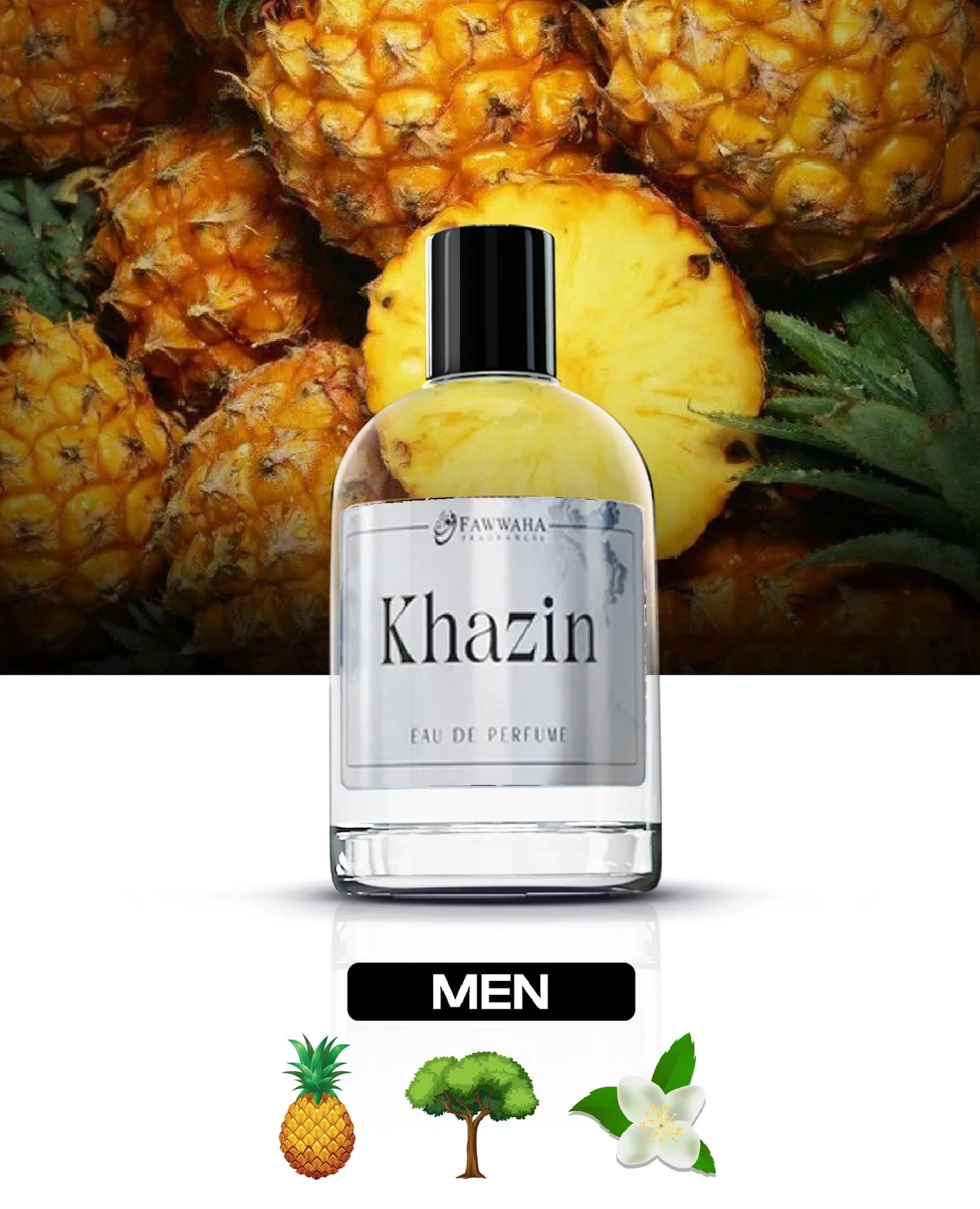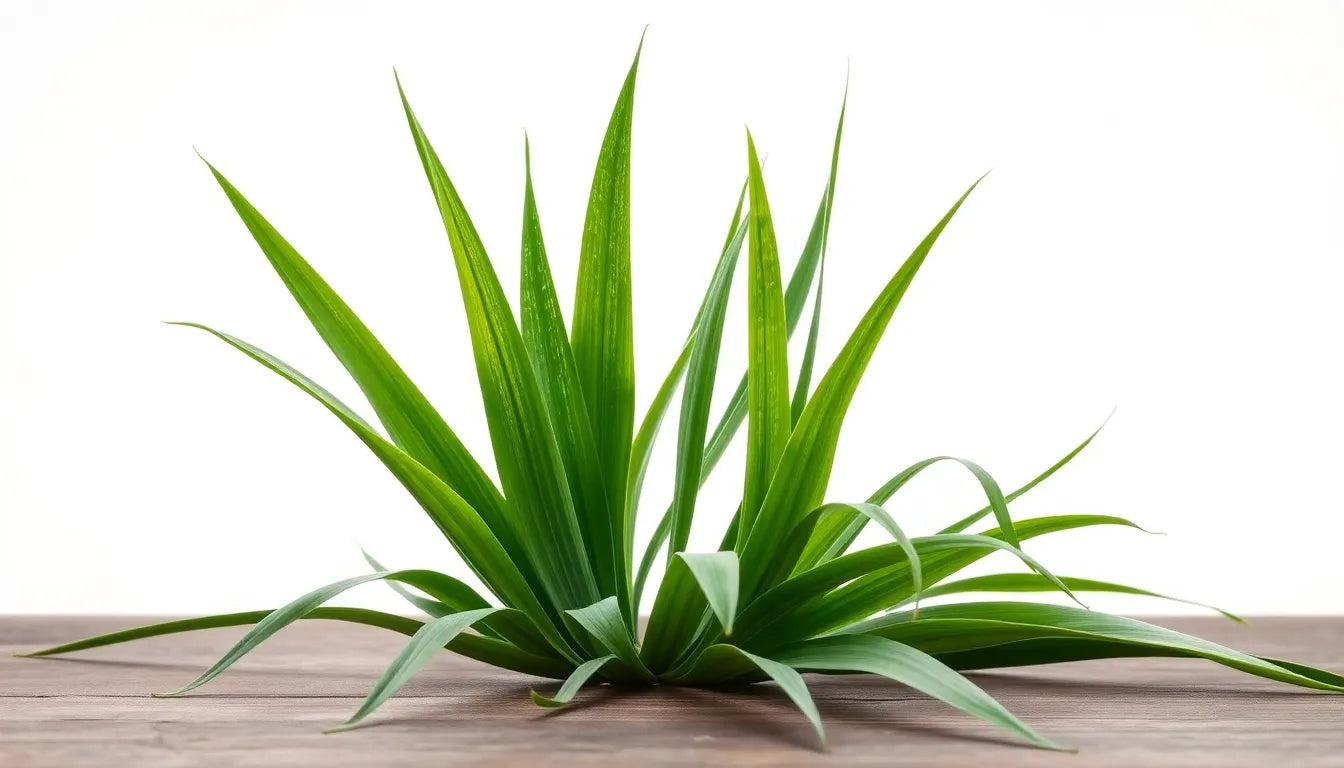The Origins and Cultural Significance of Vetiver in Perfumeries
Vetiver has carved a special place in the fragrance world. This aromatic grass, native to India, brings a unique depth to perfumes. Whether you're a fragrance enthusiast or new to the world of scents, understanding vetiver's roots and significance will enhance your appreciation. In this blog post, we will delve into the origins of vetiver, its cultural importance, and of course, answer the burning question: what does vetiver smell like?
What Does Vetiver Smell Like?
When it comes to the vetiver scent profile, the first thing that comes to mind is its earthy and woody notes. Vetiver exudes a bold aroma that many describe as grounding. It mirrors the fragrance of damp soil after rain or the scent of a forest floor mixed with subtle hints of sweetness.
Unlike other fragrance notes, vetiver stands out due to its complexity. It has a slightly smoky undertone and a touch of herbal freshness. This uniqueness makes it versatile, as it can blend seamlessly with citrus, floral, or even spicy notes. The depth it adds makes it a favorite choice for both men's and women's fragrances. Vetiver is a note that embodies nature, evoking feelings of tranquillity and connection to the earth.
Historical Uses of Vetiver
The story of vetiver dates back thousands of years. Ancient cultures, especially in India, have utilized this fragrant plant for both practical and ceremonial purposes. Historical records indicate that vetiver was used in traditional medicine, particularly in Ayurveda, to treat various ailments, from fevers to stress relief.
In ancient times, the roots of vetiver were also woven into mats to cool homes and provide a calming fragrance. As it traveled across continents, different cultures adopted vetiver for their unique customs. For instance, in various Middle Eastern cultures, vetiver-infused oils became a symbol of luxury and refinement.
Over the centuries, the use of vetiver has adapted. Today, while still valued for its traditional uses, it has found a prominent role in modern perfumery as a cornerstone note in many fragrances.
The Cultural Significance of Vetiver
Vetiver holds a deep cultural significance in several societies. In many Asian cultures, including Hindu traditions, vetiver is used in rituals and religious ceremonies. The scent is often linked to meditation and is believed to promote relaxation and spiritual insight.
In addition to its spiritual uses, vetiver has made its way into art and literature. Poets have often referred to its scent to evoke feelings of nostalgia and a connection to nature. Artists have captured its essence in various forms, showcasing its importance in cultural representations.
Moreover, its role in traditional medicine remains relevant today. People still use vetiver essential oil for its calming properties, making it a staple in wellness routines around the globe.
Famous Vetiver Fragrances
Many popular perfumes spotlight the rich and earthy notes of vetiver. One standout fragrance is Guerlain's Vetiver, a classic that has captivated fragrance lovers since its launch in 1959. This iconic scent beautifully balances vetiver with citrus and spice, creating a sophisticated profile.
Another noteworthy fragrance is Chanel's Sycomore. Inspired by the scent of vetiver, it combines earthy notes with a splash of sweetness, evoking a sense of elegance and refinement. Users often praise it for its longevity and complexity, making it a beloved choice for many.
In the modern perfume landscape, Tom Ford's Grey Vetiver is a must-mention. This fragrance presents a contemporary take on vetiver, mixing it with notes of citrus and oakmoss, resulting in a fresh yet deep scent that resonates with both male and female audiences.
Vetiver Essential Oil
Diving deeper into vetiver, its essential oil deserves the spotlight. Extracted from the roots of the vetiver grass, this oil has garnered attention for its numerous benefits. The process includes steam distillation, which helps retain its distinctive aroma.
Quality variations can occur based on where the vetiver is grown and how it's harvested. For example, Haitian vetiver is known for its sweet and smoky notes, while Indian vetiver is more herbaceous and earthy.
In aromatherapy, vetiver essential oil is valued for its grounding properties. It's commonly used to alleviate anxiety, promote relaxation, and improve concentration. This versatility contributes to its growing popularity in wellness and personal care products.
Vetiver Scent in Modern Perfumery
In the realm of modern perfumery, vetiver has experienced a resurgence. Perfume makers utilize vetiver not just as a base note but also as a key ingredient that enhances the overall composition. The natural aroma works well in a variety of genres, from woody to oriental fragrances.
Trends show a growing appreciation for natural ingredients, leading modern perfumers to embrace vetiver’s earthy depth in innovative ways. With an increasing number of fragrance houses highlighting its benefits, the future of vetiver in the fragrance industry looks bright.
As more consumers seek sustainable and natural scents, vetiver’s appeal will undoubtedly continue to rise. Its adaptability in fragrance compositions means it will remain a beloved choice for years to come.
Conclusion
In summary, vetiver is more than just a scent; it’s steeped in rich history and cultural significance. From its earthy smell to its uses in rituals and relaxation, vetiver appeals to senses and soul alike. Whether you’re drawn to its calming properties or simply curious about what does vetiver smell like, understanding its journey enriches your fragrance experience. So next time you catch a whiff of this breathtaking aroma, remember its story and the role it plays in both historical and modern contexts.





